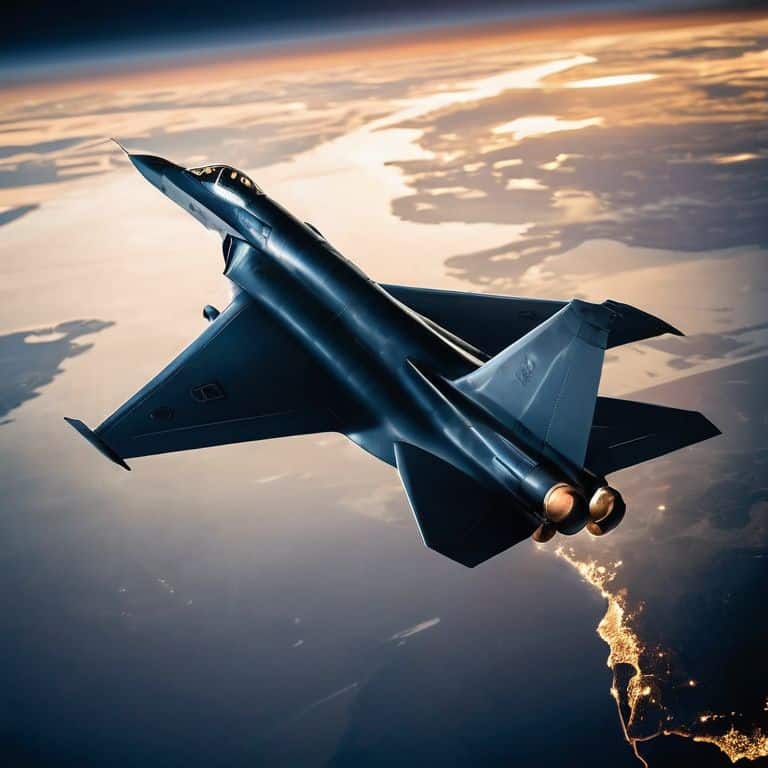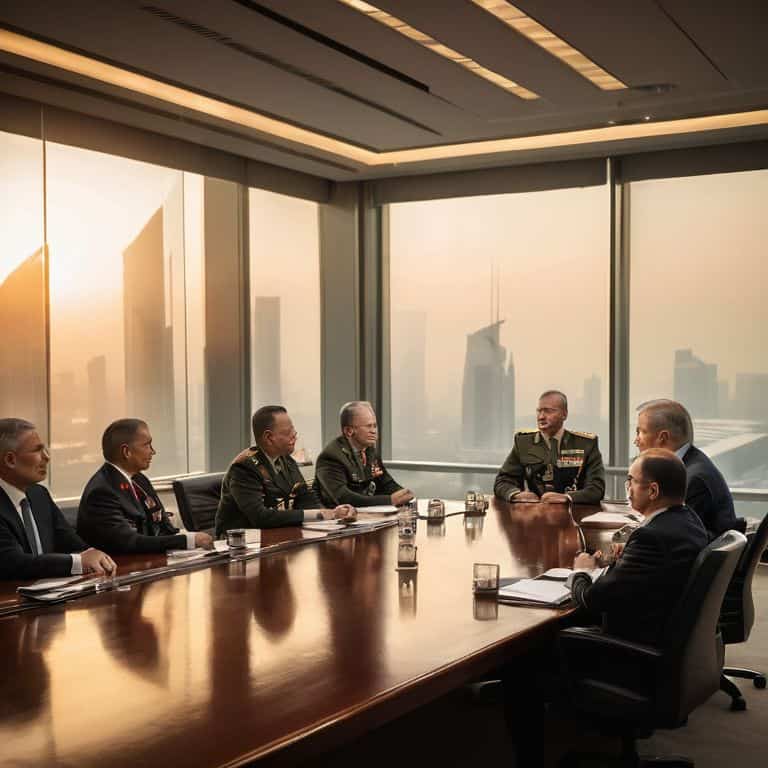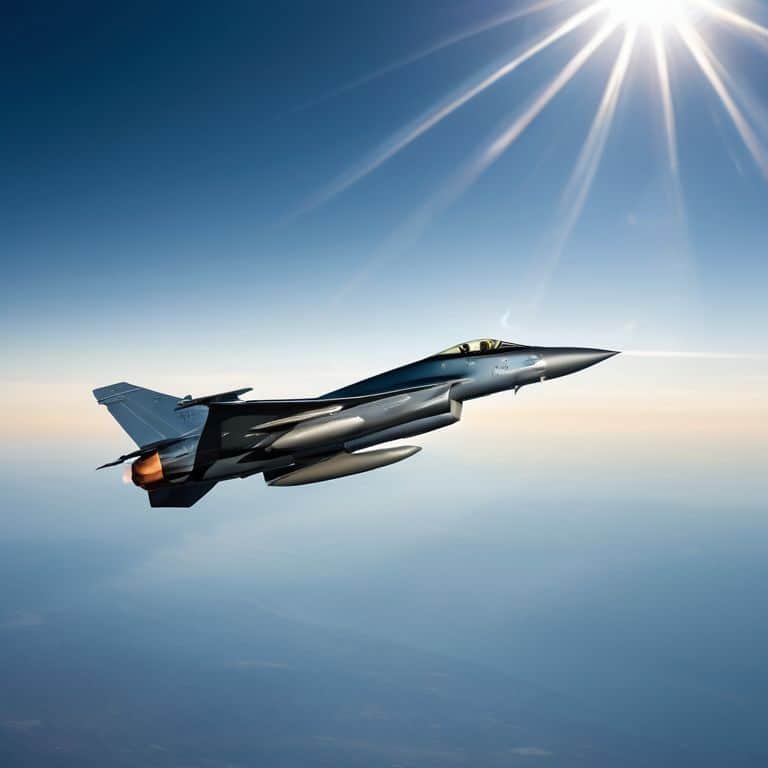I still remember the day I realized that how geopolitics affect defense stocks wasn’t just about following the news, but about understanding the complex dance between global tensions and market trends. As someone who’s spent years analyzing the defense industry, I’ve seen my fair share of overhyped predictions and misguided investments. It’s frustrating to see investors get caught up in the emotional whirlwind of geopolitical events, only to make costly decisions based on fear or speculation.
As someone who’s been in the trenches, I want to offer you a different perspective – one that’s grounded in data-driven insights and a deep understanding of the industry’s fundamentals. In this article, I’ll cut through the noise and provide you with a clear-eyed view of how geopolitics affect defense stocks. I’ll share my own experiences, from attending shareholder meetings to analyzing market trends, to give you a realistic sense of what drives this industry. My goal is to empower you with the knowledge you need to make informed, level-headed decisions – not based on hype or speculation, but on a genuine understanding of the complex forces at play.
Table of Contents
Geopolitics Shape Defense Stocks

As I delve into the world of defense stocks, I’m reminded that geopolitical risks are a constant factor that can make or break an investment. The impact of trade wars on the defense industry, for instance, can be significant, with tariffs and trade restrictions affecting the supply chain and profitability of defense contractors. I’ve seen it time and time again – when tensions rise, cybersecurity threats become a major concern, and investors need to be aware of the potential risks and opportunities.
The regulatory environment for defense companies is another crucial aspect to consider. Governments can impose strict regulations, affecting the bottom line of defense contractors. Meanwhile, emerging markets for defense contractors are becoming increasingly important, as countries like India and China invest heavily in their military capabilities. This shift in global power dynamics can create new opportunities for investors, but it also requires a deep understanding of the complex geopolitical landscape.
In my experience, the defense sector performance during recession is often more resilient than other industries, as governments continue to prioritize defense spending even in times of economic downturn. However, this doesn’t mean that investors can afford to be complacent – cybersecurity threats and other geopolitical risks can still have a significant impact on defense stocks. By staying informed and adapting to changing circumstances, investors can navigate these challenges and make informed decisions about their investments.
Cybersecurity Risks and Rewards
As I delve into the world of defense stocks, I’m reminded that cybersecurity threats are a growing concern for investors. With the rise of digital warfare, companies that specialize in cybersecurity solutions are becoming increasingly attractive. I’ve noticed that investors who diversify their portfolios to include these companies tend to reap significant rewards.
In my experience, proactive risk management is key to navigating the complex landscape of defense stocks. By investing in companies that prioritize cybersecurity, investors can mitigate potential losses and capitalize on emerging trends. This approach has served my portfolio well, and I believe it’s an essential strategy for any investor looking to make informed decisions in the defense industry.
Trade Wars Billion Dollar Toll
As I delve into the world of defense stocks, I’ve come to realize that trade wars have a profound impact on the industry’s bottom line. The tariffs imposed on foreign goods can lead to a significant increase in production costs, ultimately affecting the profitability of defense companies.
The billion-dollar losses incurred by these companies can be staggering, with some firms experiencing a decline in stock prices due to the uncertainty surrounding trade policies. I’ve seen this play out in my own investments, where a single miscalculation in trade war strategies can lead to substantial financial setbacks.
Navigating Global Forces for Investors

As I delve into the world of defense stocks, I always consider the impact of trade wars on defense industry performance. This factor can significantly influence the bottom line of defense companies, making it essential for investors to stay informed. By analyzing the effects of trade wars, investors can make more informed decisions and potentially mitigate risks.
In my experience, _geopolitical risks in defense investing_ are a crucial aspect to consider. These risks can arise from various sources, including international tensions and global conflicts. To navigate these risks, I recommend maintaining a diversified portfolio and staying up-to-date on the latest developments in the defense sector. Emerging markets for defense contractors can also provide opportunities for growth, but it’s essential to carefully evaluate the potential risks and rewards.
When evaluating defense stocks, I believe it’s crucial to consider the _regulatory environment for defense companies_. This includes understanding the current and potential future regulations that may impact the industry. By analyzing these factors, investors can gain a deeper understanding of the defense sector’s performance and make more informed investment decisions. Cybersecurity threats in defense stocks are another critical aspect to consider, as they can have significant implications for the industry’s overall performance.
Emerging Markets for Defense Contractors
As I analyze the global landscape, I notice that emerging markets are becoming increasingly important for defense contractors. Countries like India and Turkey are investing heavily in their military capabilities, creating new opportunities for companies to tap into. This shift is driven by a combination of geopolitical tensions and economic growth, making these markets more attractive for defense contractors.
The growth potential in these emerging markets is substantial, with many countries looking to modernize their defense systems. I’ve seen companies like Lockheed Martin and Boeing establish partnerships with local firms, which can help them navigate the complexities of these new markets. By expanding into these regions, defense contractors can reduce their dependence on traditional markets and position themselves for long-term success.
Recession Proof Defense Sectors Found
As I delve into the defense industry’s performance during economic downturns, I’ve noticed that certain sectors tend to be recession-resistant. This is largely due to the fact that governments prioritize defense spending, even in times of fiscal austerity.
I’ve identified cybersecurity as a key area that continues to receive significant investments, regardless of the economic climate. This is driven by the increasing sophistication of cyber threats and the need for governments and corporations to protect their critical infrastructure.
5 Key Takeaways for Investors: Navigating Geopolitics in Defense Stocks
- Monitor global flashpoints and their impact on defense budgets, as increased tensions can boost demand for specific defense technologies
- Assess the exposure of defense contractors to international trade agreements and potential tariffs, which can significantly affect their bottom line
- Keep a close eye on cybersecurity threats and investments in this area, as they represent a growing segment of the defense industry with potential for high returns
- Identify recession-proof sectors within the defense industry, such as maintenance and support services, which can provide stable investments during economic downturns
- Diversify your portfolio by investing in emerging markets for defense contractors, where governments are increasing their military spending and creating new opportunities for growth
Key Takeaways for Investors
Investors should closely monitor global geopolitical events, as they can significantly impact defense stock prices and create lucrative investment opportunities
Understanding the nuances of trade wars, cybersecurity risks, and emerging markets is crucial for making informed investment decisions in the defense sector
A data-driven approach, focusing on recession-proof sectors and long-term trends, can help investors navigate the complex landscape of defense stocks and maximize their returns
A Clear-Eyed View

When the global landscape shifts, defense stocks adjust their aim – and as an investor, it’s crucial to understand that the true north of this industry is not the whims of politicians, but the cold, hard reality of national interests and fiscal policies.
Edward Finch
Conclusion: Navigating the Complex Landscape of Defense Stocks
As I reflect on the intricate relationship between geopolitics and defense stocks, it’s clear that informed investors must consider a myriad of factors, from trade wars to cybersecurity risks. The billion-dollar toll of global tensions can either make or break a company’s bottom line. By understanding the nuances of recession-proof defense sectors and emerging markets, investors can make more strategic decisions. Whether it’s the impact of sanctions on international trade or the rise of new global players, the defense industry is inherently linked to the ebbs and flows of geopolitics.
As we move forward in this complex landscape, I urge investors to remain vigilant and adaptable, always keeping a close eye on the shifting global forces that shape the defense industry. By doing so, we can uncover opportunities for growth and mitigate potential risks, ultimately making more informed decisions that drive long-term success. In the world of defense stocks, knowledge is power, and those who stay ahead of the curve will be the ones to reap the rewards.
Frequently Asked Questions
How do trade agreements and sanctions impact the profitability of defense contractors?
Trade agreements and sanctions can significantly impact defense contractors’ profitability. I track these developments closely, as they can create both opportunities and obstacles. For instance, tariffs on foreign components can increase production costs, while sanctions on adversarial nations can boost demand for domestic defense systems, benefiting contractors like Lockheed Martin and Boeing.
What role does cybersecurity play in the geopolitical landscape of defense stocks, and how can investors capitalize on this trend?
Cybersecurity is a critical frontier in the geopolitical landscape, with nation-state attacks fueling demand for cutting-edge defense solutions. I track this trend closely, as it presents a lucrative opportunity for investors to capitalize on the growth of cybersecurity stocks, particularly those specializing in AI-powered threat detection and mitigation.
Are there specific emerging markets that are poised to drive growth in the defense sector, and what are the key factors to consider when investing in these regions?
I’m eyeing countries like India, Saudi Arabia, and South Korea, where military modernization efforts and geopolitical tensions are fueling defense spending. Key factors to consider include local content requirements, offset policies, and the presence of established industry players.



